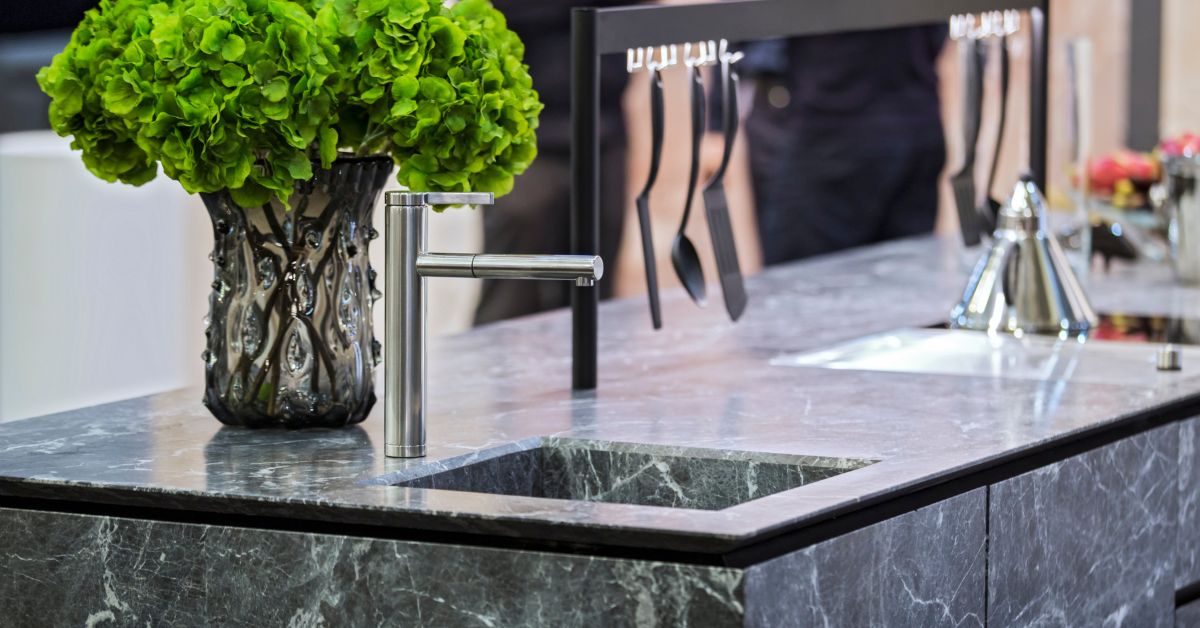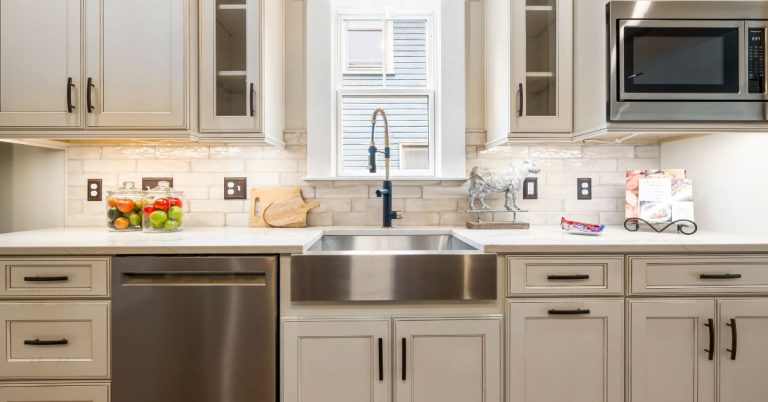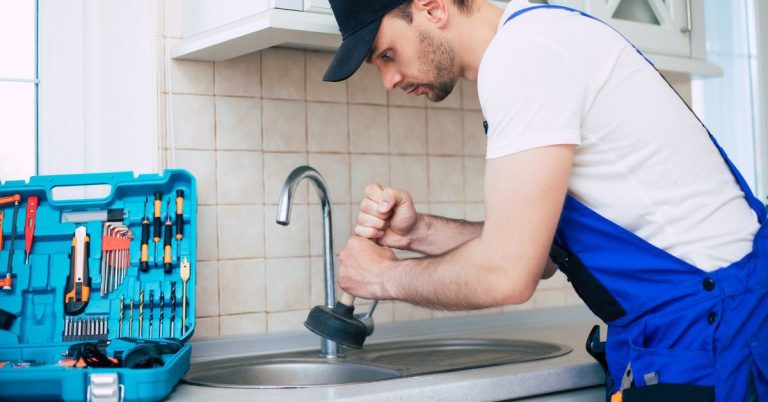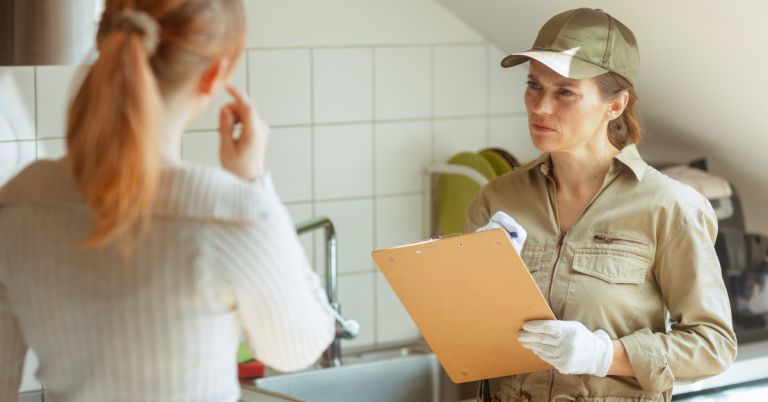Eco-friendly residential plumbing solutions include water-saving fixtures, greywater recycling, and energy-efficient systems that reduce utility costs while conserving resources, making modern homes sustainable, cost-effective, and environmentally responsible.
Key Takeaways:
- Save water with low-flow fixtures.
- Reuse greywater responsibly.
- Lower energy costs with efficient systems.
- Support sustainable, eco-conscious living.
Modern households are becoming increasingly aware of the importance of sustainable living. Among the many areas where eco-friendly upgrades can be made, residential plumbing systems play a significant role. By adopting green plumbing practices, homeowners can conserve water, reduce energy costs, and minimize their environmental footprint. Below, we explore comprehensive solutions for implementing eco-friendly plumbing systems in modern homes.
Table of Contents
The Importance of Eco-Friendly Plumbing
Water is one of the planet’s most precious resources, but outdated plumbing systems and inefficient fixtures waste millions of gallons daily. By adopting sustainable plumbing solutions, homeowners can significantly reduce water waste, saving money on utility bills while supporting vital conservation efforts. For more information on water conservation efforts and best practices, the U.S. Environmental Protection Agency (EPA) provides comprehensive guidelines and resources on sustainable water use.
Beyond saving water, sustainable plumbing also lowers energy consumption by improving the efficiency of water heating and pumping systems. This reduces the household’s overall environmental footprint, promoting a healthier planet and creating lasting benefits for both families and future generations.
Water-Efficient Fixtures for Modern Homes
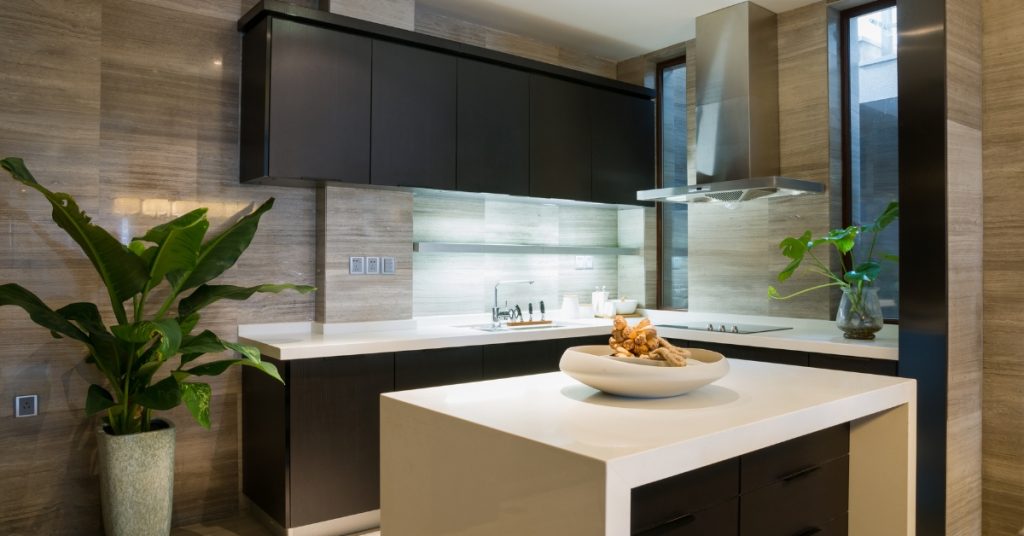
Low-Flow Toilets
Traditional toilets use up to 6 gallons per flush, wasting significant water. Low-flow toilets reduce this to as little as 1.28 gallons, conserving water with every use. Dual-flush models offer two flushing options—one for liquid waste and another for solid—allowing users to optimize water use. This technology significantly lowers household water consumption and helps preserve precious water resources.
High-Efficiency Faucets and Showerheads
Low-flow faucets and showerheads can cut water usage by 30–50% while maintaining strong water pressure. These fixtures use aeration technology, mixing air with water to create a satisfying flow that uses less water. By replacing older, inefficient fixtures with these devices, homeowners save water and energy, reduce utility bills, and contribute to environmental conservation without sacrificing comfort.
Smart Plumbing Fixtures
Smart plumbing fixtures use sensors and digital controls to optimize water flow and temperature. Sensor-activated faucets reduce waste by automatically shutting off when not in use, while digital shower controls allow precise temperature adjustments and timed flows. These technologies help prevent water overuse, increase convenience, and promote sustainable water management in modern homes.
Sustainable Hot Water Systems
Tankless Water Heaters
Unlike traditional water heaters that continuously heat large tanks of water, tankless heaters provide hot water on demand, drastically reducing energy consumption. By heating water only when needed, they eliminate standby heat loss, which saves both electricity and gas. This efficient system not only lowers utility bills but also offers endless hot water, making it a sustainable and convenient choice for modern homes. The U.S. Department of Energy offers detailed insights into the energy efficiency of tankless water heaters and other hot water systems, helping homeowners make informed choices.
Solar Water Heating Systems
By utilizing solar panels to heat water, households can significantly lower energy costs. Solar thermal systems capture sunlight to warm water naturally, reducing reliance on electricity or gas. These systems can supply up to 70% of a home’s hot water needs, offering a renewable, eco-friendly alternative that cuts greenhouse gas emissions and promotes long-term savings on energy bills.
Heat Pump Water Heaters
These units transfer heat from the surrounding air into the water, using far less energy than conventional systems. By extracting ambient heat and boosting it to warm water efficiently, they consume significantly less electricity than traditional electric heaters. Heat pump water heaters are ideal for environmentally conscious households seeking to reduce carbon footprints while maintaining a reliable and cost-effective hot water supply.
Greywater Recycling Systems
One of the most innovative eco-friendly plumbing practices involves greywater recycling. Greywater refers to gently used water from sinks, showers, and washing machines. Instead of letting it drain away, it can be treated and repurposed for:
- Irrigation for landscaping and gardens
- Toilet flushing
- Outdoor cleaning tasks
Greywater recycling reduces overall water demand and creates a closed-loop system within the home.
Get your water heater repaired or replaced the same day
Rainwater Harvesting Systems
Collecting and storing rainwater provides an additional eco-friendly plumbing solution. With the proper filtration system, harvested rainwater can be used for:
- Lawn irrigation
- Washing cars
- Toilet flushing
- Laundry systems
By integrating rainwater collection systems with household plumbing, homeowners reduce dependency on municipal supplies while conserving natural resources.
Leak Detection and Smart Monitoring
Water leaks are a major cause of water wastage in residential plumbing. Modern technology provides smart leak detection systems that monitor water flow in real time. These devices can:
- Alert homeowners to leaks immediately
- Shut off water automatically in emergencies
- Provide detailed water usage reports
- Help identify unusual water patterns that may indicate hidden leaks
- Integrate with smart home systems for seamless control and monitoring
Such systems not only prevent costly water damage but also ensure that plumbing remains energy-efficient.
Eco-Friendly Pipe Materials
The choice of piping materials has a significant impact on sustainability. Some eco-friendly options include:
- PEX (Cross-linked Polyethylene): Flexible, durable piping that requires less energy to produce than traditional copper pipes.
- Recycled Steel and Copper: Sustainable, eco-friendly metals that can be reused multiple times, reducing environmental impact.
- Biodegradable Composite Pipes: New, eco-conscious pipes designed to break down naturally, minimizing environmental harm at disposal.
Green Landscaping with Efficient Plumbing
Outdoor plumbing significantly impacts water conservation through smarter landscaping practices. Drip irrigation systems are an efficient solution, delivering water directly to plant roots, which minimizes evaporation and runoff compared to traditional sprinklers. This targeted watering approach ensures plants get exactly what they need without wasting excess water.
When combined with moisture sensors, these systems become even more effective. Sensors monitor soil moisture levels and activate irrigation only when necessary, preventing overwatering and promoting healthier, more sustainable gardens and lawns.
The Role of Smart Home Integration in Plumbing
Modern homes are increasingly integrating smart technology into plumbing systems. Smart devices help track water consumption, optimize heating systems, and automate conservation efforts. For example:
- Smart water heaters adjust to household usage patterns.
- IoT-enabled faucets track individual usage statistics.
- Smart irrigation controllers sync with weather forecasts to minimize outdoor water waste.
This fusion of technology and sustainability makes modern plumbing both efficient and eco-friendly.
Financial and Environmental Benefits
Eco-friendly plumbing systems may require an upfront investment, but the long-term savings outweigh the costs. Benefits include:
- Lower utility bills through reduced water and energy usage
- Increased property value due to modern green features
- Government rebates and incentives for eco-friendly upgrades
- Contribution to environmental conservation and reduced carbon footprint
Reduced maintenance costs thanks to durable materials and efficient system designs that prevent leaks and damage
Steps for Homeowners to Transition to Eco-Friendly Plumbing
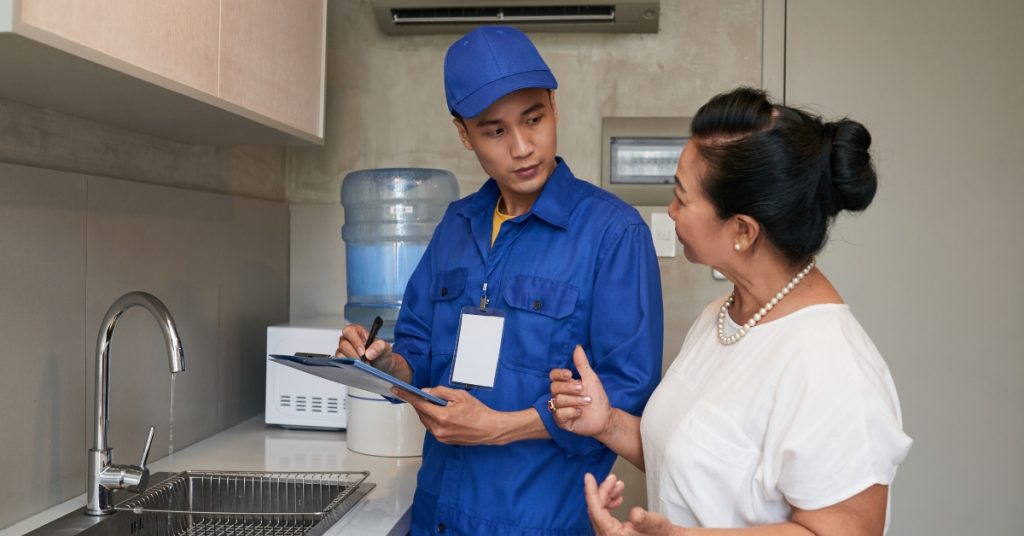
Transitioning to eco-friendly plumbing not only benefits the environment but can also help homeowners avoid calling emergency residential plumbing services due to leaks or system failures. By taking proactive steps, you can improve efficiency, save money, and reduce the risk of costly repairs down the line.
- Conduct a plumbing audit to identify inefficiencies.
- Replace outdated fixtures with low-flow alternatives.
- Invest in tankless or solar water heating systems.
- Install rainwater harvesting and greywater recycling systems.
- Adopt smart technology for monitoring and leak detection.
- Choose eco-friendly piping materials during renovations.
Consult with certified green plumbers for proper installation.
Who to Call for Professional Eco-Friendly Plumbing Services
When it comes to residential plumbing maintenance services and water leak detection, trusting experienced professionals ensures your home’s plumbing system operates efficiently and sustainably. 5 Star Best Plumbing specializes in eco-friendly solutions, including installing water-saving fixtures, smart leak detection systems, and sustainable hot water systems, helping you reduce waste and energy costs.
By choosing 5 Star Best Plumbing, homeowners receive expert advice, quality workmanship, and reliable service tailored to modern, green plumbing needs. Don’t wait for emergencies—schedule regular maintenance with trusted experts who prioritize your home’s health and environmental impact.
Conclusion
Embracing eco-friendly residential plumbing solutions is a smart step toward a sustainable future. By integrating water-saving fixtures, greywater recycling, and energy-efficient systems, modern homeowners can enjoy lower utility bills while reducing their environmental footprint. These modern plumbing innovations not only conserve precious resources but also enhance comfort and convenience in everyday living.
For expert guidance and professional installation of green plumbing systems, don’t hesitate to contact us. Our team is dedicated to helping you create an efficient, eco-conscious home that saves money and supports a healthier planet.
FAQs
What are the benefits of installing low-flow plumbing fixtures?
Low-flow fixtures significantly reduce water usage without compromising performance, helping homeowners save on water bills. They also contribute to conserving valuable water resources, making your home more eco-friendly.
How does greywater recycling work in residential plumbing?
Greywater recycling involves collecting gently used water from sinks, showers, and laundry to be treated and reused for irrigation or toilet flushing. This system reduces overall water demand and promotes sustainable water use within the home.
Are tankless water heaters more energy-efficient than traditional models?
Yes, tankless water heaters provide hot water on demand, eliminating standby heat loss and using less energy overall. This results in lower utility bills and a smaller carbon footprint compared to conventional storage tanks.
How do smart leak detection systems help homeowners?
Smart leak detectors monitor water flow in real time and alert homeowners immediately if leaks occur, preventing water waste and costly damage. Some systems can even shut off water automatically to minimize harm.
Can rainwater harvesting systems be integrated with existing home plumbing?
Absolutely, rainwater harvesting systems can be connected to supply water for irrigation, laundry, and toilet flushing with proper filtration. This reduces reliance on municipal water and supports sustainable water management.

